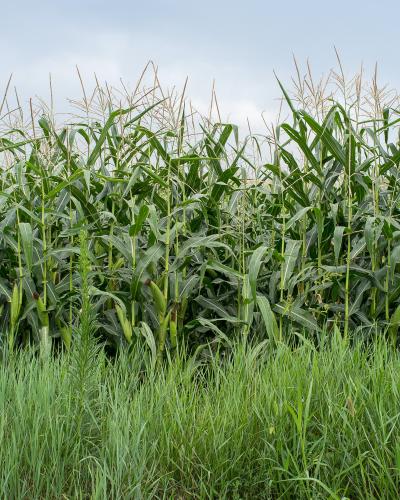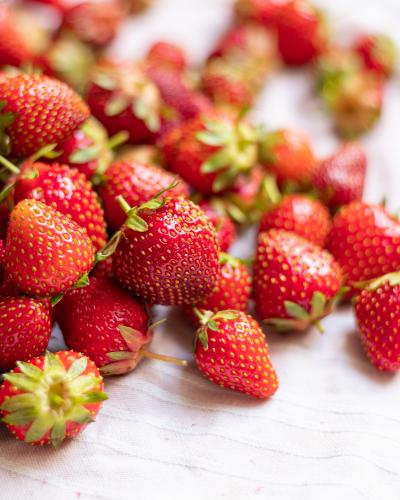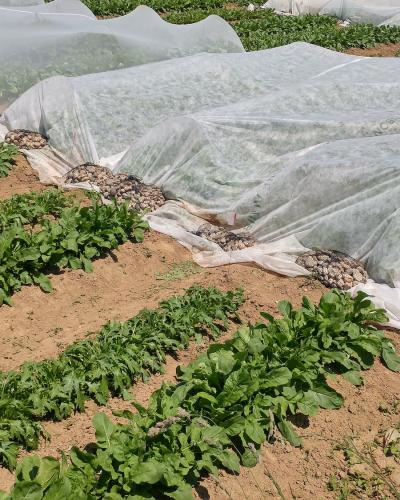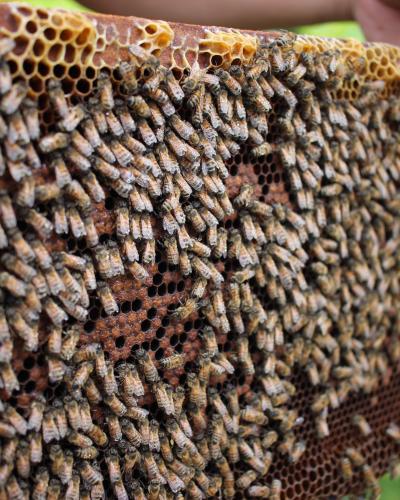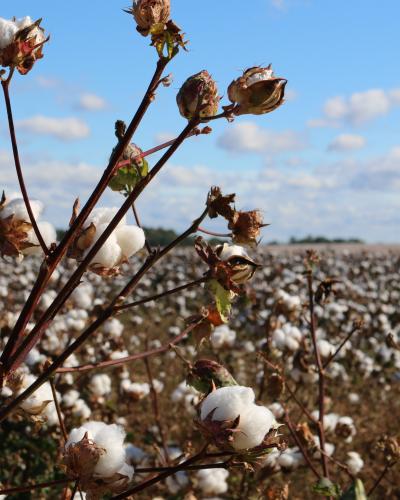A recent study published in the journal Frontiers in Ecology and Evolution has found pesticide contamination of milkweed, the host plant of monarchs, across multiple landscape types, exposing the...
Mar 29, 2021
In conventional corn-soy rotations, weed control is accomplished through the use of herbicides and usually the crops are genetically modified to tolerate those herbicides. Without GMOs and...
Mar 22, 2021
Toxic soil fumigants that fight soil-borne diseases and ensure crop production continue to be banned to protect the health and safety of rural communities. Organic farmers and conventional farmers...
Mar 15, 2021
In an effort to reduce the use of harmful pesticides, farmers are looking for ways to enhance natural pest control by boosting numbers of natural predators of pests on their farms. A recent study...
Mar 01, 2021
DDT is an insecticide commonly used to control mosquito-transmitted malaria in the 1900s, but was eventually banned across the globe because of extremely adverse side effects on human and...
Feb 15, 2021
A new study published in the journal Pest Management Science showed that semiochemicals can effectively manage one of the most economically damaging pests in organic strawberry production, the...
Dec 14, 2020
Neonicotinoid pesticides remain controversial as evidence mounts to show their detrimental impacts on important biodiversity. Documenting more evidence of their harm, a recent study in the journal...
Nov 09, 2020
To achieve more sustainable farming that reduces negative impacts on human and environmental health as well as climate change, our food system needs to reduce its reliance on chemicals for...
Oct 26, 2020
Honey bee health is affected by a myriad of factors including the diversity and quality of food available to them, exposure to pesticides, and attacks by parasites and diseases. Genetic activity...
Aug 24, 2020
Genetically modified cotton is widely grown throughout China, South Africa, India and the U.S. Science on the environmental, social and public health effects of GM cotton has mixed results with...


